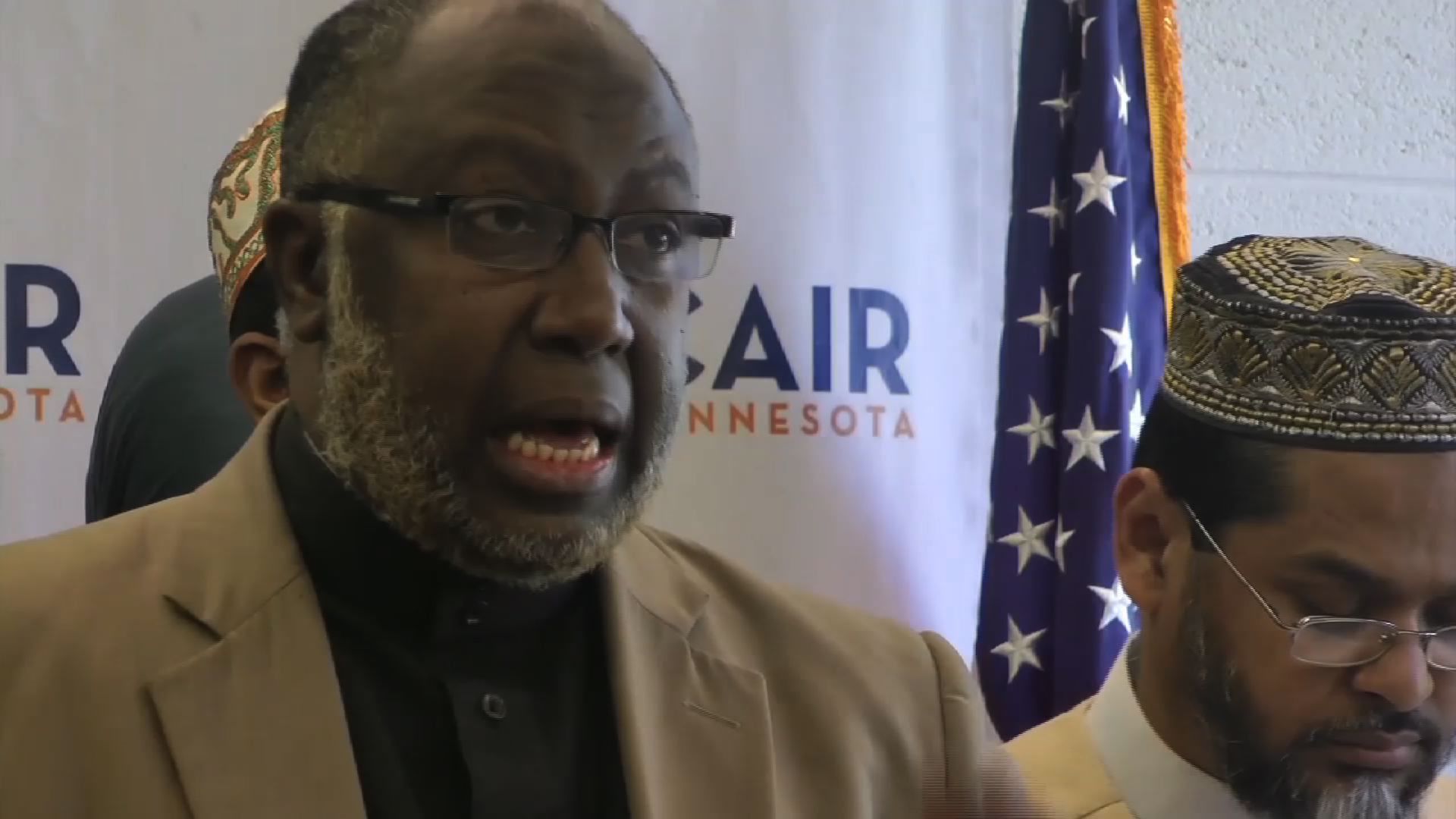MINNEAPOLIS (AP) — Members of Minnesota’s large Somali community said Monday they are heartbroken and grieving but searching for ways to help after the weekend bombing in Somalia that killed more than 300 people. The truck bombing in Somalia’s capital
MINNEAPOLIS (AP) — Members of Minnesota’s large Somali community said Monday they are heartbroken and grieving but searching for ways to help after the weekend bombing in Somalia that killed more than 300 people.
The truck bombing in Somalia’s capital of Mogadishu on Saturday also left scores missing and nearly 400 people injured. In Minnesota, home to the largest Somali population in the U.S., many residents said they have relatives who were hurt or killed in the attack. At least one man who lived in Minnesota, Ahmed AbdiKarin Eyow, died. Another Minnesota man was desperately seeking news of his father, who is missing.
“It’s really devastating,” said Mohamud Noor, a community advocate in Minneapolis. “Everybody will be touched in one way or another. … I think people are feeling the pain.”
Religious leaders and community advocates condemned the attacks on Monday and offered condolences to the victims. Jaylani Hussein, executive director of the Council on American-Islamic Relations of Minnesota, said some community members still don’t know the status of their loved ones. He said the attack has brought “a great deal of sadness” to the community.
Imam Hassan Mohamud called the attack the “9/11 of the Somali people.” Imam Hassan Jama called it “inhuman. It’s unIslamic. It’s unacceptable.”
Community members planned a vigil Monday in the heart of a Somali neighborhood in Minneapolis for people impacted by the bombing. Efforts also were underway to raise money for victims, as well as money for medical supplies and food.
Local resident Farhio Khalif, whose uncle was killed in the attack, was busy Monday talking with elders, religious leaders and Somalis around the world. She said her cousin has a business near the explosion site and had just walked across the street to get something when the attack happened, but her uncle and other family members were inside the hotel at the time of the blast.
“It’s just sad,” she said Monday. “What can you do? Just get angry? More pointing fingers? People are getting hurt.”
The bombing has led to confusion because al-Shabab, a terrorist group in Somalia, has not claimed responsibility, said Abdirizak Bihi, another community advocate in Minneapolis. He said questions are swirling around who might be behind the attack, and some local residents are calling on the international community to investigate.
Many locals were searching social media, and some were able to identify victims from pictures posted online.
Mohamed Hassan, a Minnesota resident currently working in Somalia, posted on Facebook about the death of Eyow, his uncle. He said Eyow, a father of three children and active member of the community, died just a few hours after he arrived in Mogadishu.
“Hearing the breaking-up voices of other loved ones including my mother makes even that much more painful,” Hassan wrote. “I am seriously struggling to cope with this (loss) more than any other one of the past and wish to know how to constructively direct my anger.”
Rep. Ilhan Omar, the first Somali to be elected to a state legislature in the U.S., said the bombing is a time of crisis for many people in Minnesota and around the world. The state lawmaker is hosting Monday’s vigil and asked people of all races and religions to attend in solidarity.
“As we mourn the senseless killing of so many innocent people, unity in this time of crisis is crucial,” she said in a statement. “We stand united for peace, and a world without terror.”
——
Follow Amy Forliti on Twitter: http://www.twitter.com/amyforliti . More of her work at https://apnews.com/search/amy%20forliti .


